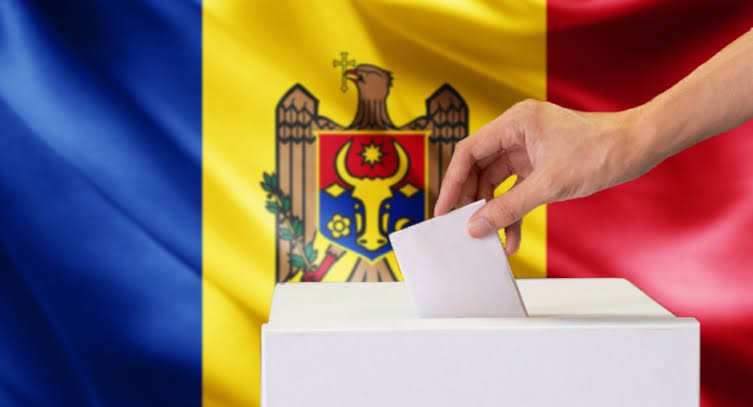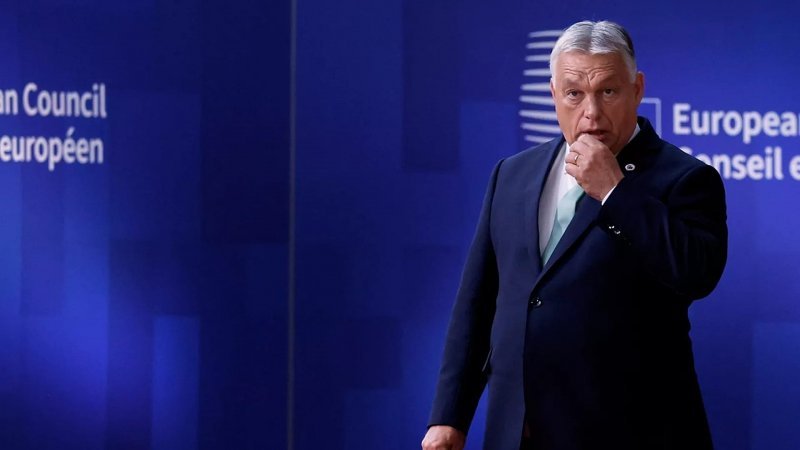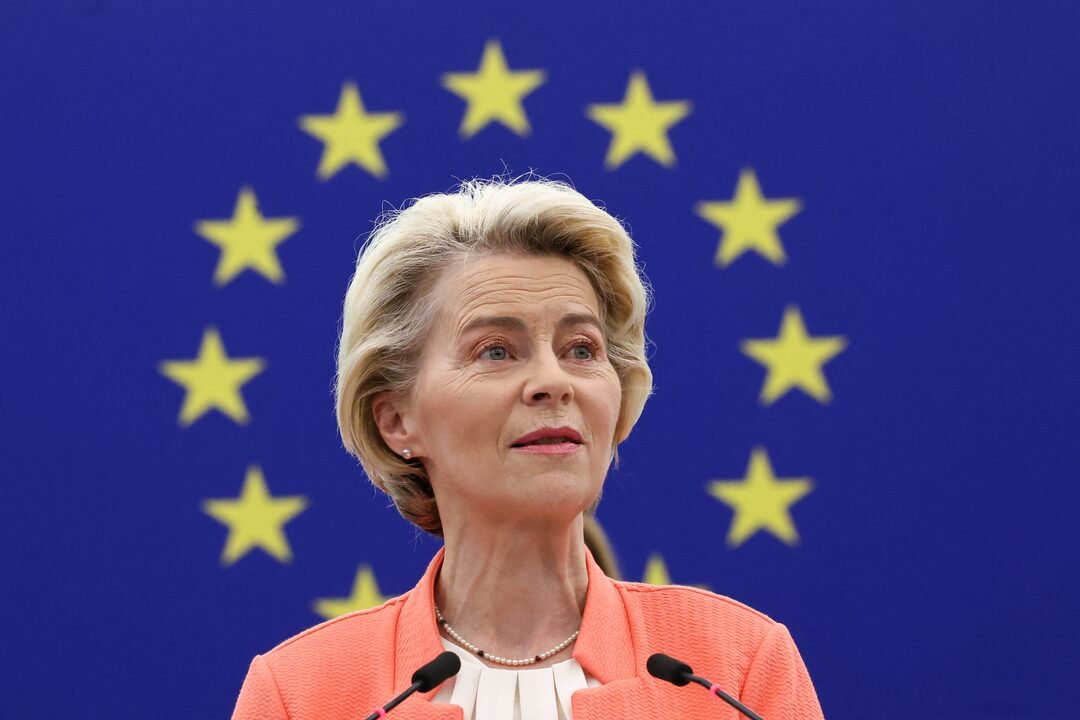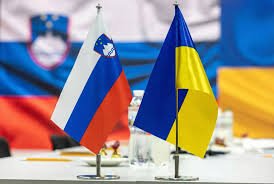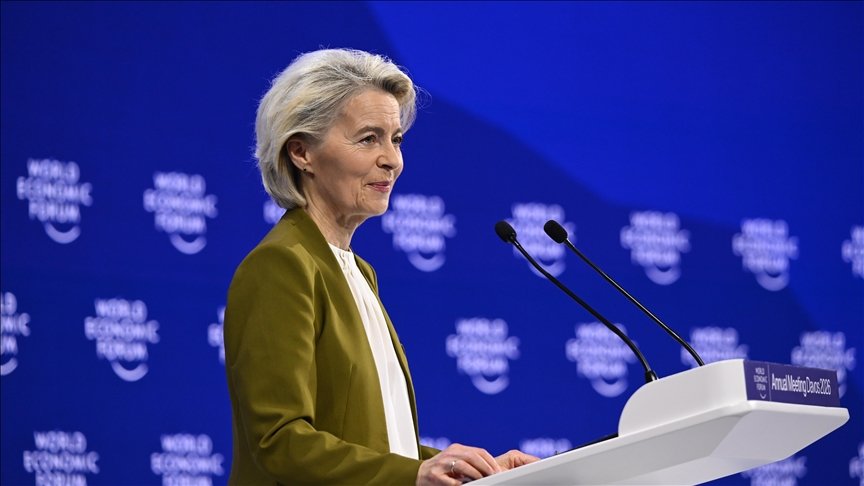Perugia, October 21, 2024 – The Europe Today: A female observer at a Moldovan presidential election polling station in Perugia, central Italy, has reported facing threats and pressure from local election officials. Larisa Brunescu, representing Moldova’s Renaissance Party, told RT that after being initially allowed into the polling station, she was later subjected to harassment and attempts to remove her when she tried to document irregularities.
Brunescu, who was observing the election and referendum voting process, claimed that officials forbade her from filming, recording conversations, or sharing any figures from inside the station. “They’ve told me I should not send any videos, [record] conversations, [send] figures, nothing,” she stated, alleging that her observer credentials were later deemed “not valid” without proper explanation.
According to Brunescu, the local election committee “openly threatened” her and prohibited her from taking photos, only allowing her to show specific figures provided by them. She described the treatment as hostile, alleging that officials were attempting to intimidate her in an effort to conceal irregularities. Brunescu counted fewer than 1,000 voters at the station but claimed that the committee had 4,000 ballots, raising concerns over potential ballot rigging, although she did not witness any direct tampering.
This incident coincides with accusations from Moldova’s opposition alliance, ‘Victory’, which reported widespread irregularities at polling stations both at home and abroad. Victory claimed that many observers were denied access to polling stations “without any valid reasons” and accused authorities of suppressing undesirable votes.
The Moldovan elections, which took place alongside a referendum on incorporating the country’s EU aspirations into the constitution, saw President Maia Sandu running for a second term. Sandu, a pro-EU leader, faced strong opposition from nine other candidates, including Alexandr Stoianoglo, a former prosecutor general, and Renato Usatii, the former mayor of Balti. Five of the ten candidates criticized the referendum, alleging that it was a political move aimed at securing Sandu’s re-election.
Despite Moldova’s ongoing efforts to secure EU and NATO membership since Sandu’s presidency began in 2020, opposition parties have raised concerns over the government’s handling of the country’s economic and energy crises, which have left Moldova struggling as one of Europe’s poorest nations.
As of Sunday evening, preliminary reports indicated that the majority of voters had rejected the proposed pro-EU constitutional amendments, further complicating Moldova’s political landscape.
